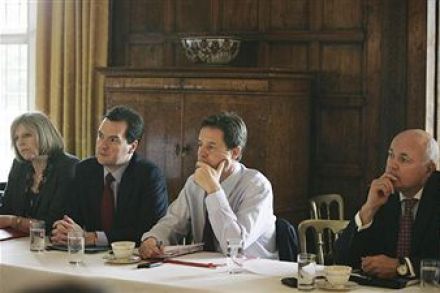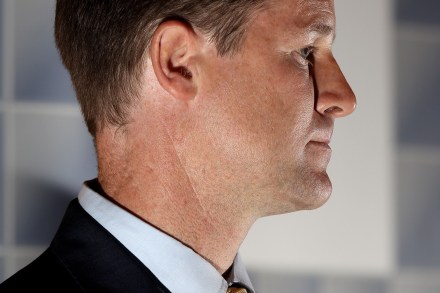A lasting truce between IDS and Osborne
In the coalition, it is the rows within parties not between them that are most vicious. This is because in an internal party argument there is all sorts of emotional baggage involved. So it is two Tories, IDS and Osborne, who have provided the most spectacular row of the coalition so far. But it is worth noting that, as Tim said on Sunday, a truce has been reached between the two men and the contours of a deal agreed. It is also my understanding that both sides have put a stop to any briefing that could be considered as negative. A deal on welfare reform looks more far more



















